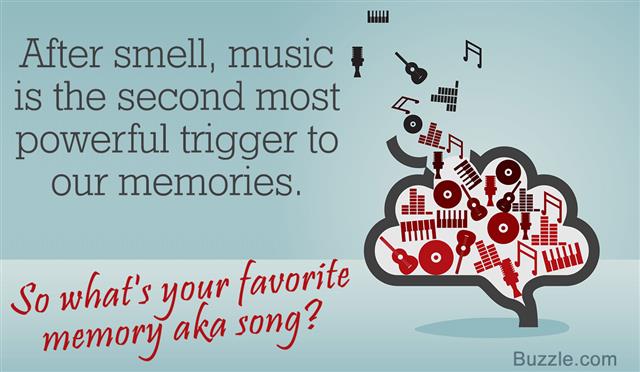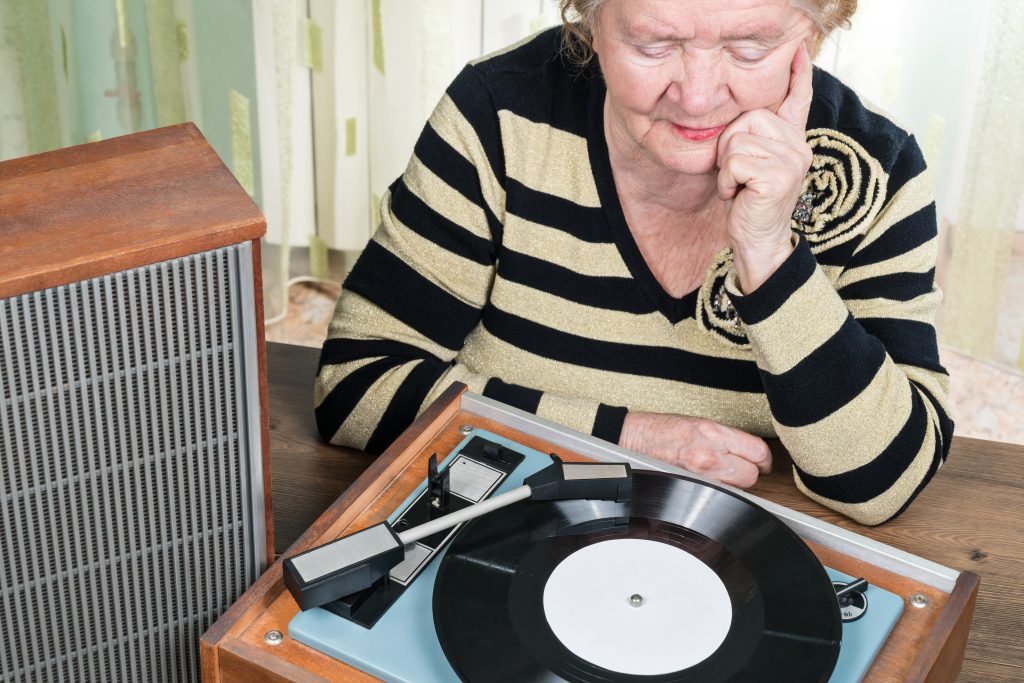The Powerful Effects That Music Has on Memory

Music arouses the human senses, permitting listeners to travel back to a moment in history that they might have forgotten. Music does this while also giving the artist an avenue to express their most dear memories and feelings. For example, you could be driving and having some old school hymn on your playlist, and it makes you remember your old primary school teachers glare, maybe asking you some questions in class. Music possesses the power to convey feelings among people that take them back to places they wouldn’t have otherwise revisited and express feelings that one has not felt in maybe years. Some of the ways that music can affect the body and mind include:
It can be utilized as Therapy
For persons with Alzheimer’s or Dementia, music therapy is an extremely helpful and beneficial activity they can engage in. This can include performing, creating, composing, and listening to music. Music therapy helps reduce the confusion that these individuals have by stimulating their remote memory.
It stimulates the overall mind
By pairing music with daily activities, it helps persons with memory loss develop a rhythm that will aid them in recalling activities they are supposed to perform. It also helps improve their capability of doing the activities in time.

It is a form of communication
Listening to music evokes emotions. Playing music for a loved one triggers certain emotions, which communicate messages to that person. Music acts as a bridge to pass a message when words aren’t adequate.
Music’s powerful effects on the mind and body hint at how important it is in many aspects of life, as discussed above.
